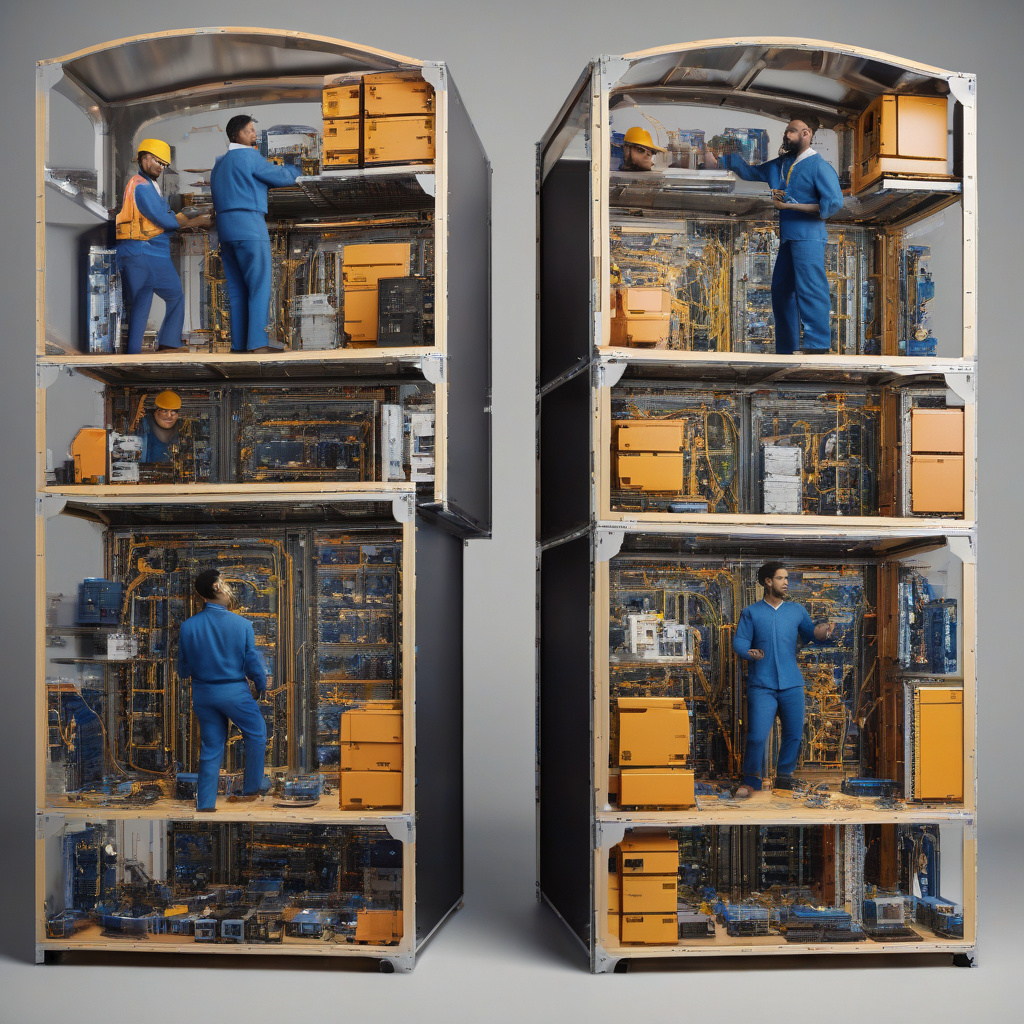In the realm of Kubernetes platform options, the age-old debate of build versus buy continues to spark discussions among IT and development professionals. As Kubernetes solidifies its position as the leading orchestration tool for containerized applications, the decision-making process around adopting a Kubernetes platform becomes increasingly crucial.
When considering whether to build or buy a Kubernetes platform, several factors come into play. Building a custom Kubernetes platform provides the flexibility to tailor the solution to specific organizational needs. It allows for intricate customization, ensuring that every aspect aligns perfectly with the unique requirements of the business.
On the other hand, opting to buy a Kubernetes platform can offer advantages in terms of speed to deployment and ongoing support. By leveraging a pre-built solution, organizations can expedite the implementation process and rely on the expertise of the platform provider for maintenance and updates.
One key aspect to evaluate when weighing the build versus buy decision is cost. Building a Kubernetes platform from scratch entails significant upfront investment in terms of time, resources, and expertise. On the contrary, purchasing a ready-made platform involves predictable costs and potentially lower total ownership expenses over time.
Furthermore, the level of control and ownership over the platform should also be taken into consideration. Building a Kubernetes platform grants full control over every aspect of the infrastructure, from architecture to security measures. In contrast, buying a platform may limit the extent to which organizations can modify or enhance certain functionalities.
Another crucial factor to contemplate is scalability. Building a Kubernetes platform allows for scalability according to specific requirements and growth trajectories. In contrast, buying a platform may impose limitations on scalability, depending on the features and capabilities offered by the vendor.
Moreover, the expertise and resources available within the organization play a significant role in determining the build versus buy decision. Building a Kubernetes platform necessitates a skilled team with in-depth knowledge of Kubernetes architecture and best practices. Conversely, purchasing a platform shifts the burden of maintenance and support to the vendor, reducing the internal expertise required.
Ultimately, the decision to build or buy a Kubernetes platform hinges on a thorough assessment of organizational needs, resources, budget constraints, and long-term objectives. While building offers unmatched customization and control, buying provides speed, support, and potentially cost-effective solutions.
In conclusion, the build versus buy dilemma in the context of Kubernetes platform options underscores the importance of aligning technology choices with overarching business goals. By carefully evaluating the pros and cons of each approach, organizations can make an informed decision that propels them towards successful Kubernetes adoption and optimized containerized application management.

